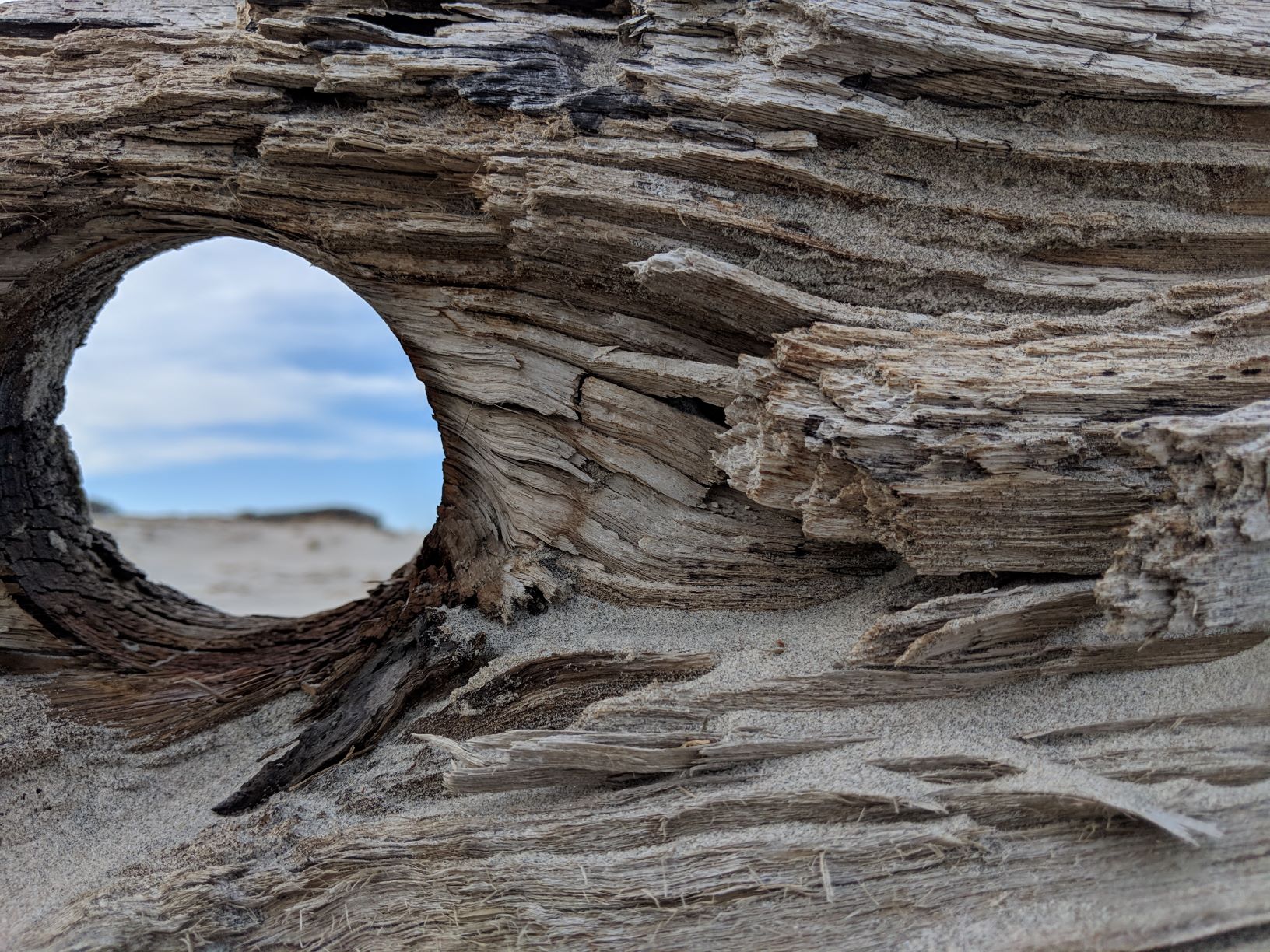
If you have never stuck your nose completely into a cherry blossom, a blossom that burst open only a few hours ago, you cannot know the intensity of joy possible by bees, or by us.
We cannot know what bees know, but if I had to choose between words and the inexplicable joy felt when I buried my face in a fresh patch of cherry blossoms, well, I’m throwing away my keyboard and running away with the bees.
After giving myself to the first cherry tree blossom of spring, I saw a young child, no more than 8, pick up her even younger sister, about 2–she carried her to the cherry tree, to sniff the flowers. She may have seen me do the same thing.
The father, smoking a cigarette, barked at her: “There may be bees in those flowers–get away!”
She slinked away, now fearful of bees and cherry blossoms. Just as well, I suppose–a child in love with flowers and bugs is going to have her heart broken when she earns what is expected of her later.

Not all things are possible, but these things are:
- You can eat bread, real bread, made from flour you ground with your own hands.
- You can drink honey wine, made by the yeast you put in a carboy mixed with fruit and honey.
- You can watch the tide fall, then rise again.
- You can see Orion tonight if the sky is clear.
- You can eat pesto made from basil grown in a classroom, fed by light from the sun and the breath of you and your students.
- You can bury your face in early spring cherry blossoms.
- You can rake clams, take their lives, and eat them, no matter what sins you have committed.

What do you tell an 8 year old child holding her very young sister whose just been told by her father that bees are to be feared?
Do you tell her of the honey bee waggle dance? That bees will find her tree, and tell other bees, and that they will all be so intoxicated with the smell of the cherry blossom that she will not be noticed?
Or do you let her Dad stand silently against the tree, puffing on his cigarette, tend to his own children, his own myths, his own ignorance?

My Dad is dead. He loved bees.
My Mom is dead. She loved bees.
My sister is dead. She loved bees.
I will someday be dead. I love bees.
Maybe it’s the bees that are killing us. Maybe it’s not. But if it is, I’d still love the bees.

Occasionally I will stumble upon an exhausted bee, dying on a flower. Too tired to move, but still alive enough to thrust her tongue into the nectar. I leave those bees well enough alone. Should I be gasping my last breaths with my nose buried in a blossom, I trust the bees will return the favor.
The last sound I heard my mother make was laughter–she died two days later, while I held her hand.
The last few hours of my Dad’s life, he laughed. I heard it, and I held his hand as he died.
I did not hold my sister’s hand–she was killed by an errant Christian missionary who left her broken on the edge of a Michigan highway–but I bet she laughed a few minutes before she died. I know she sang. She always sang. Always.

Like a bee humming she sang, sang, sang.
Mostly from an older post–but I needed it today.




.jpg?resize=320%2C240&ssl=1)
